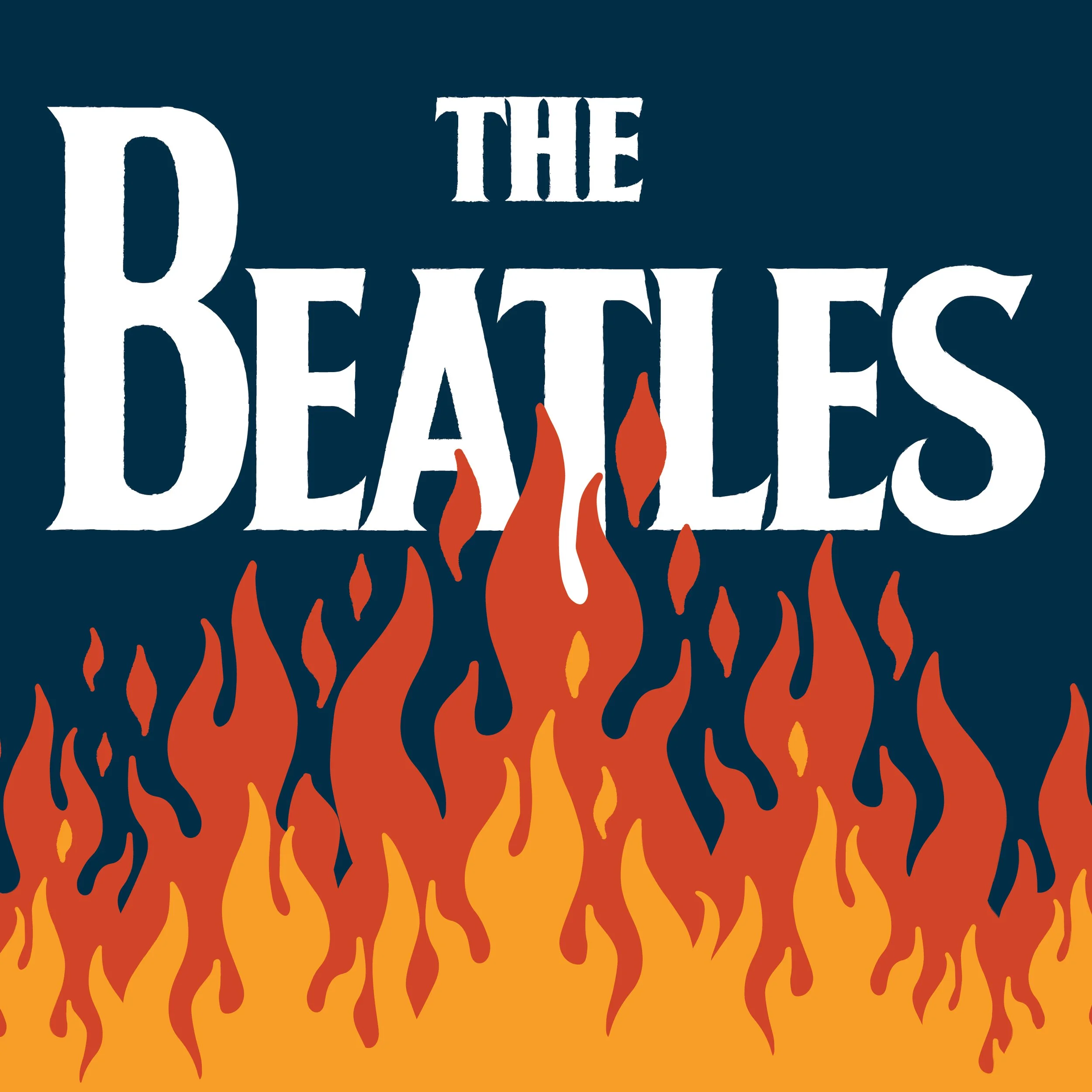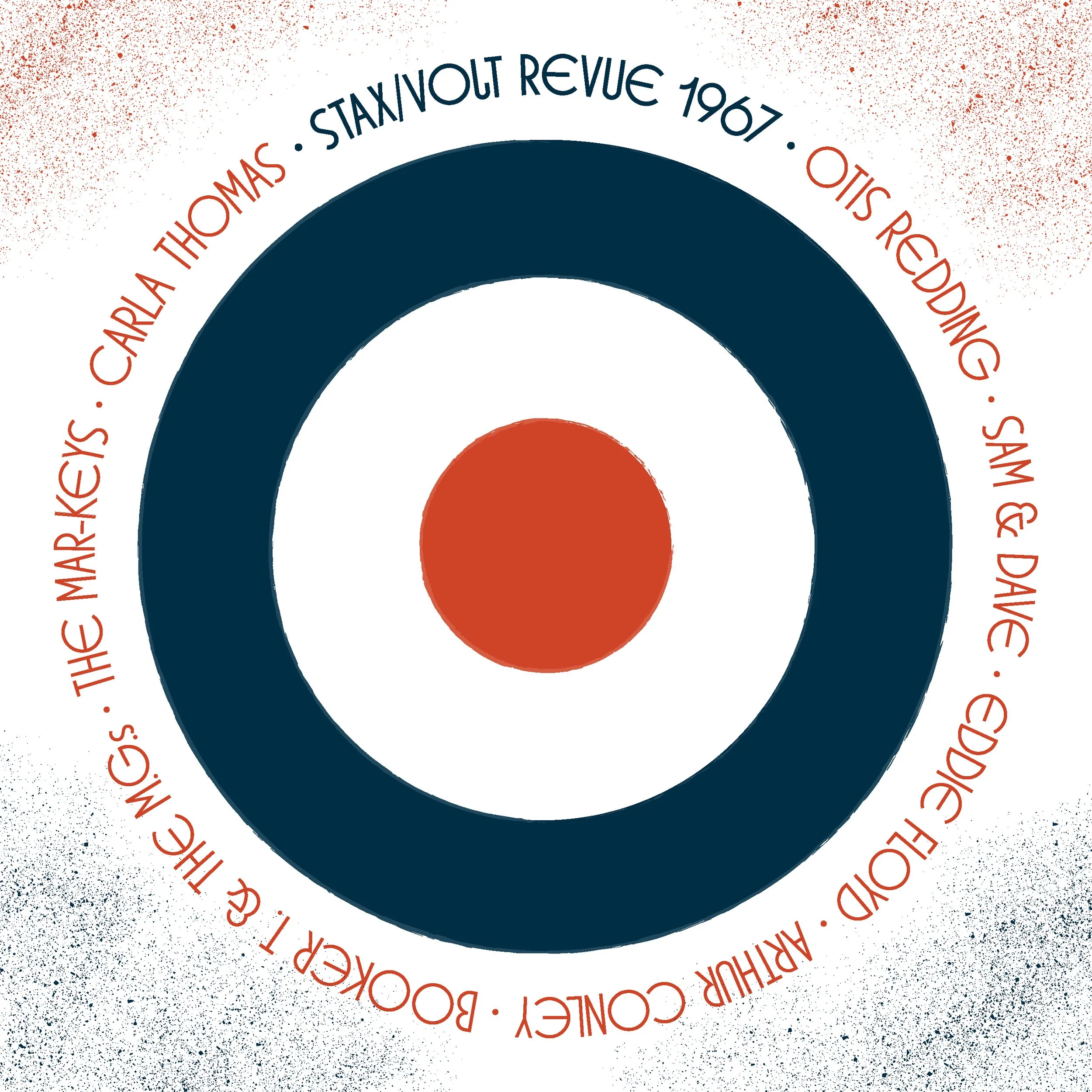
Ashford & Simpson: Each Other’s Secret Ingredient
When you think of Ashford & Simpson, it’s impossible not to imagine a love story written in melody and muscle memory. But Cupid was late to the session. Romance didn’t arrive first—trust did. Unconditional belief followed. Their bond formed quietly, over writing sessions and unfinished ideas, through a shared realization that they functioned better together than apart. Long before marriage, they had already built something indestructible. Each other’s secret ingredient.

Holland-Dozier-Holland: The Talent Motown Couldn’t Hold Onto
The Four Tops had done everything right—and still nothing was happening. By the summer of 1964, they’d been together for over a decade, signed to Motown for more than a year, and relegated to the sidelines. Backup vocals. Jazz standards. No single. No urgency. Once known as the Four Aims, they’d become the Four Tops in name but not yet in opportunity, waiting for Motown to decide they were worth the risk.

The Supremes Put Holland-Dozier-Holland in the Hit-Making Hot Seat
If Motown was a hit factory, then its greatest innovation wasn’t just its assembly line—it was the recipe. And no team understood that recipe better than Holland-Dozier-Holland. From 1962 to 1967, Brian, Lamont, and Eddie combined their distinct strengths—composition, production, vocal arrangement, and lyric-writing—into a formula that produced some of the most enduring Soul records ever made. These weren’t just songs; they were carefully engineered blends of rhythm, story, and emotion, the secret ingredients that gave Motown its unforgettable sound.

The Beatles vs. Jim Crow
When the Beatles landed in America, they brought more than music — they brought a quiet revolution. The year was 1964, and while the British Invasion was shaking up the airwaves, the United States was still firmly in the grip of Jim Crow. Segregation defined public life, and even the passage of the Civil Rights Act hadn’t erased centuries of discrimination overnight. What the British didn’t anticipate, though, was that their tour of America would force them to confront that reality — and to take a stand against it.

Soul’s Rise and Ruin in the Age of the Beatles
When the Beatles stepped off the plane in 1964, they didn’t just bring new haircuts and catchy hooks—they brought a cultural storm that upended the American music scene. The British Invasion reshaped the sound of the sixties, forcing Motown, soul singers, girl groups, and even rock ’n’ roll icons to adapt or fade. What followed was a turbulent clash of styles, egos, and shifting audiences that forever changed how music was made—and who got to be heard.

The Hidden Symbolism of “Blackbird”: A Song for the Moment That Never Ended
On the surface, “Blackbird” is a gentle, finger-picked ballad—one of Paul McCartney’s most stripped-down and serene songs. But beneath its calm exterior lies a song soaked in symbolism, rooted in a moment of history when America was cracking open, and the world was watching.

Memphis to Manchester: Stax Crosses the Pond
By the mid-’60s, Stax Records had proven it wasn’t just a regional powerhouse—it was a cultural force, thanks in large part to the magnetic Otis Redding. But as the British Invasion raged on, the Memphis label wanted more than just American acclaim—it wanted staying power across the Atlantic.

A Soulful Reckoning: Otis Redding Versus The Rolling Stones
The Tamla Motown UK Tour was a long-overdue arrival in 1965, but it certainly wasn’t the first time Black American artists had crossed the Atlantic. Years before Motown’s polished harmonies graced British stages, the raw, unfiltered power of blues and rock & roll had already laid the foundation.

From Detroit With Love: How Motown Took on the British
As British bands stormed the American charts, Motown launched a counteroffensive—not with bluster, but with brilliance. While the British Invasion reshaped pop culture, the Detroit label doubled down on its signature sound and sharpened its global strategy. Albums were rebranded, tours were booked, and tributes were crafted with care—all part of a calculated effort to win over UK audiences and solidify Motown’s place on the world stage. This is the story of how a homegrown American powerhouse met the British moment head-on—and refused to be overshadowed.

Invasive Musical Species: The British Take on the Black American Sound
On December 10, 1963, a Maryland teenager named Marsha Albert sat glued to her television as Walter Cronkite introduced America to four mop-topped young men from Liverpool—the Beatles. The brief CBS News segment left her captivated. “Why can’t we have music like that here in America?” she wrote in a letter to her local radio station, WWDC.
